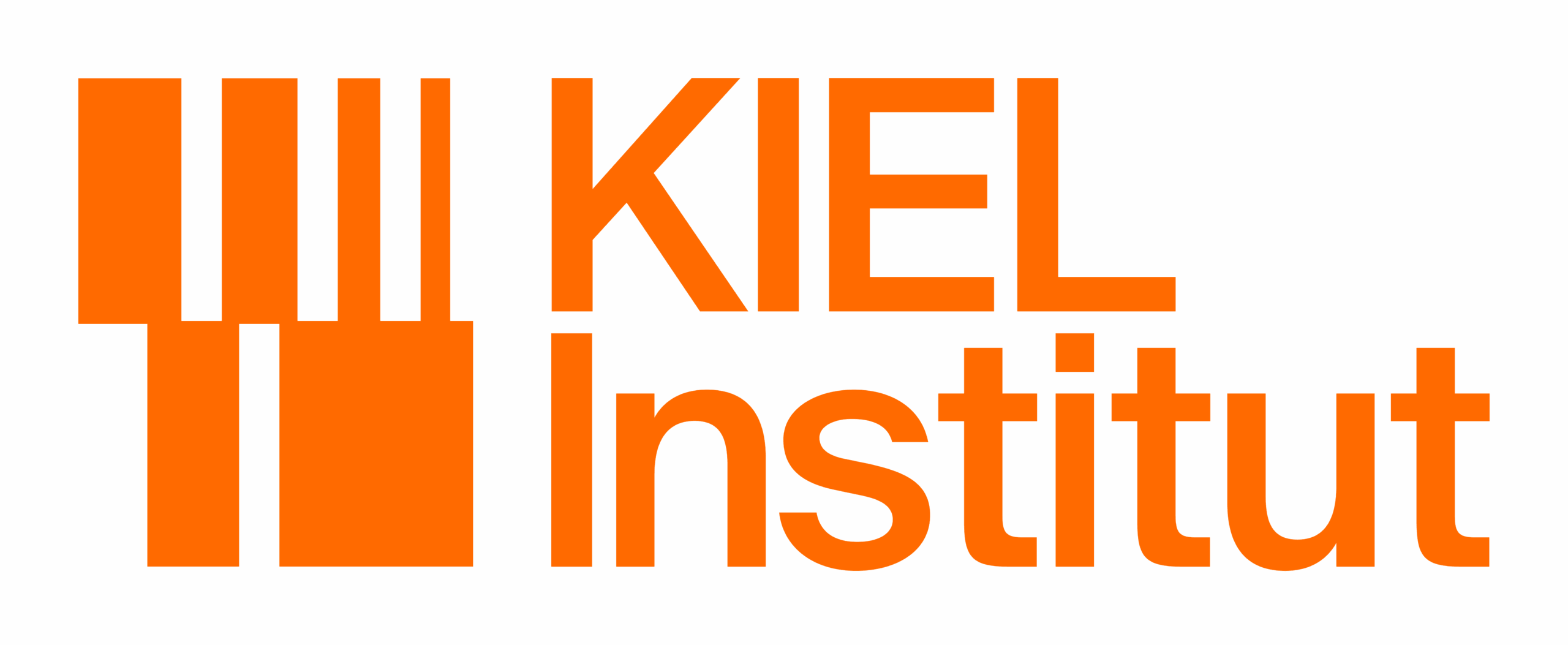Different but Complementary Research Methods are Key for KCG Interdisciplinary Research
The Kiel Centre for Globalization (KCG) works on an interdisciplinary research agenda that evaluates the proliferation of global supply chains as an important aspect of globalization. In doing so, it builds a research team consisting of researchers from different disciplines such as economics, ethics, management science and philosophy. The KCG researchers possess discipline-specific knowledge and apply different but complementary research methods for analysis.
For the four current KCG projects, the KCG team is going to apply a broad spectrum of research methods, ranging from in-depth literature review and policy evaluation, case studies, questionnaire surveys, economic experiments, large-scale data analysis using sophisticated econometrics estimation approaches to theoretical modelling. The selection of the most suitable research methods depends on the concrete research questions to be investigated. Some of research methods will be applied in cross-country settings to enable cross-country comparisons.
It is expected that using different but complementary research methods is advantageous for enhancing research quality, expanding research aspects considered and exploring new ideas etc. To make this possible, intensive interactions and knowledge exchange among the researchers through team meetings, research seminars and spontaneous discussions are, however, essential. This insight is in line with one of the key conclusions from the Workshop “Upgrading in Global Value Chains in Developing and Emerging Economies”. This workshop brought together researchers from different fields who apply different research methods to discuss opportunities and challenges of combining different research methods for global supply chain research. It was jointly organised by the German Development Institute and the Johannes Gutenberg University of Mainz. Dr. Wan-Hsin Liu, KCG Coordinator, joined the workshop to share KCG-specific background information and research plans with other workshop participants and to obtain feedback for further development.
Learn more about the KCG research




 KCG Projects
KCG Projects


